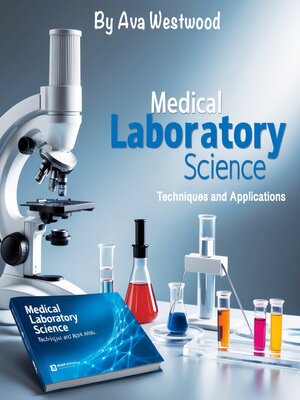
Sign up to save your library
With an OverDrive account, you can save your favorite libraries for at-a-glance information about availability. Find out more about OverDrive accounts.
Find this title in Libby, the library reading app by OverDrive.



Search for a digital library with this title
Title found at these libraries:
| Library Name | Distance |
|---|---|
| Loading... |
Medical Laboratory Science (MLS) is a vital component of modern healthcare, providing crucial diagnostic information to aid in the prevention, diagnosis, and treatment of diseases. It encompasses a broad range of laboratory tests and analyses that are performed on patient samples to provide data essential for clinical decision-making. As healthcare continues to evolve, the role of medical laboratory scientists becomes increasingly significant, and understanding the field is essential for those entering the profession.
The history of medical laboratory science dates back to the late 19th century, when advancements in microbiology, chemistry, and hematology laid the foundation for laboratory testing. Early laboratory pioneers such as Louis Pasteur and Robert Koch revolutionized the understanding of infectious diseases, while the development of diagnostic tools allowed for the detection of bacteria and other pathogens in clinical samples. As science and technology advanced throughout the 20th century, laboratory science grew to encompass an even broader range of tests, including blood analyses, genetics, and molecular diagnostics.
The role of the medical laboratory scientist is multifaceted. These professionals work in a variety of settings, including hospitals, clinics, research institutions, and public health laboratories. They are responsible for performing laboratory tests, analyzing results, maintaining laboratory equipment, and ensuring the accuracy and precision of test outcomes. In addition, medical laboratory scientists play a critical role in monitoring the quality of laboratory processes and adhering to safety and regulatory standards. They also collaborate with physicians, nurses, and other healthcare professionals to ensure that test results are properly interpreted and applied to patient care.







